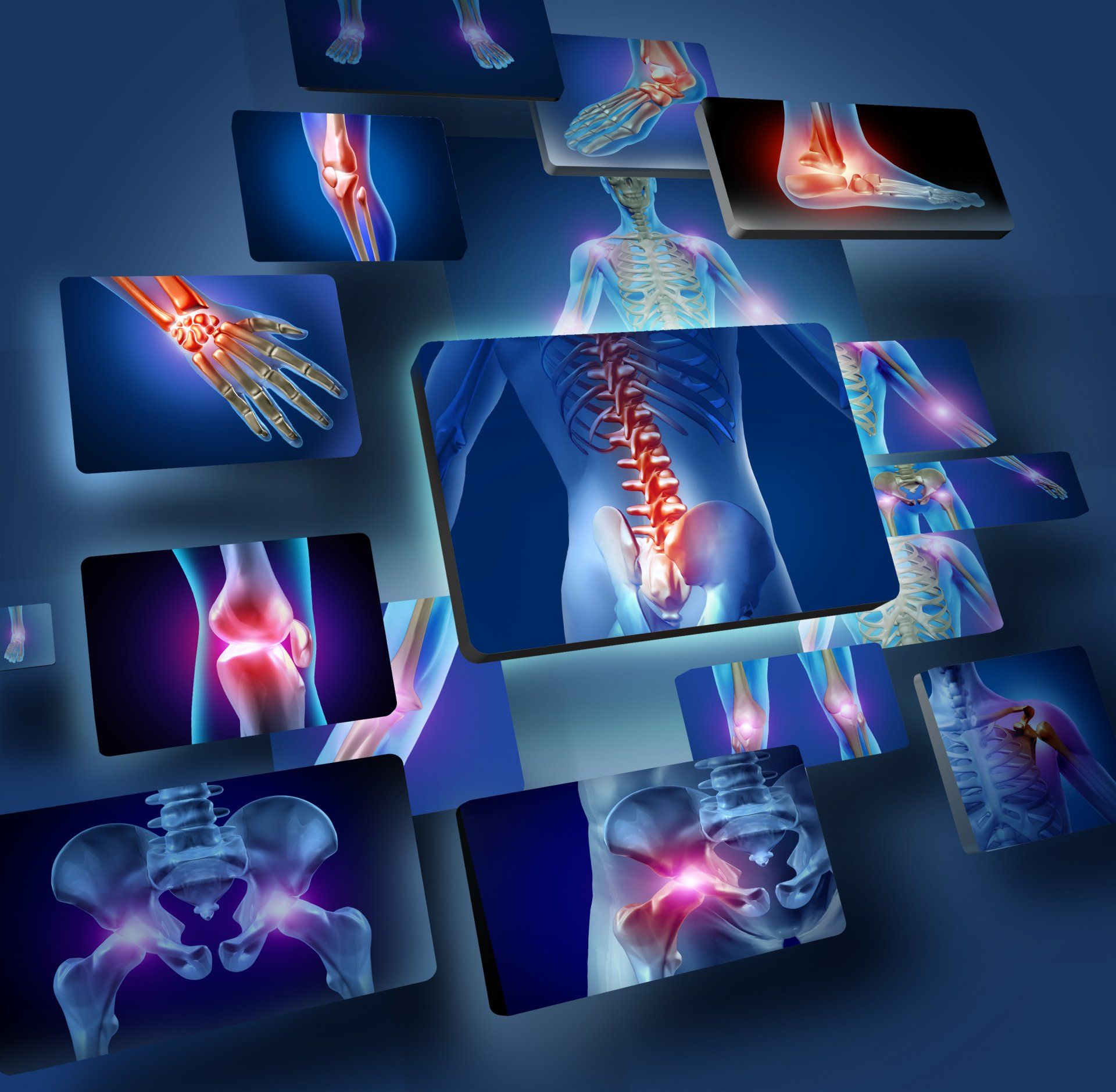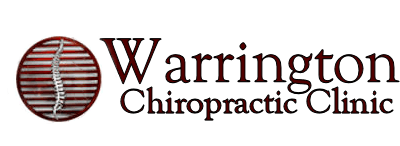
Diagnostics & Screening
Whether by xray, postural screening, foot imaging, or chiropractic examination, we have the tools to help develop an effective treatment plan for you and alert to possible serious spinal conditions.
When you come for an initial visit we will performs a series of diagnostic tests which can include xrays, postural screenings, and foot imaging among other tests in order to tailor treatments to your specific condition and/or injury. In addition Dr. Yenzer may ask you to perform several simple movements to view your posture and range of motion such as:
•Gait: Marching or walking in place may reveal inconsistencies between the pelvis and spine.
•Bending in different directions measures flexibility and may aid in the evaluation of stiffness and abnormal curvature of the spine, as seen in scoliosis.
•Posture check when standing or sitting. Poor posture is one of the leading causes of joint and muscle pain, spinal misalignment, and subluxation.
•Piriformis Test (Piriformis Syndrome) you may be asked to flex and bend the knee and hip while lying down. Dr Yenzer will then gently push on the leg to check hip joint mobility and flexibility of the piriformis muscle.
•Straight Leg Raise (SLR) measures tension and irritation to the sciatic nerve (sciatica) and flexibility of the hamstring muscle.
•Psoas Muscle Test: gentle pressure applied to a raised leg to assess strength, pain, or imbalance of the joints between the vertebrae.
•Yeoman's Test: helps determine if your sacroiliac joints are sprained or strained. You lie on your back, and Dr Yenzer will flex your leg (one at a time) and extends the thigh. Pain in the buttocks and low back may indicate joint strain/loss of joint mobility.
•Measuring the length of each leg helps determine if there is a discrepancy in leg length. The adjustment may help to balance the pelvis and correct leg length discrepancy.
•Other tests include hand strength (grip), bilateral assessment of body weight, muscle spasm/trigger point analysis, reflexes, sensation, and muscle testing.
If necessary, Dr Yenzer may decide that more detailed testing is necessary such as CT scans, MRI scans, blood tests, NCV or EMG testing and if so then you will be referred to the proper facility for such tests.
